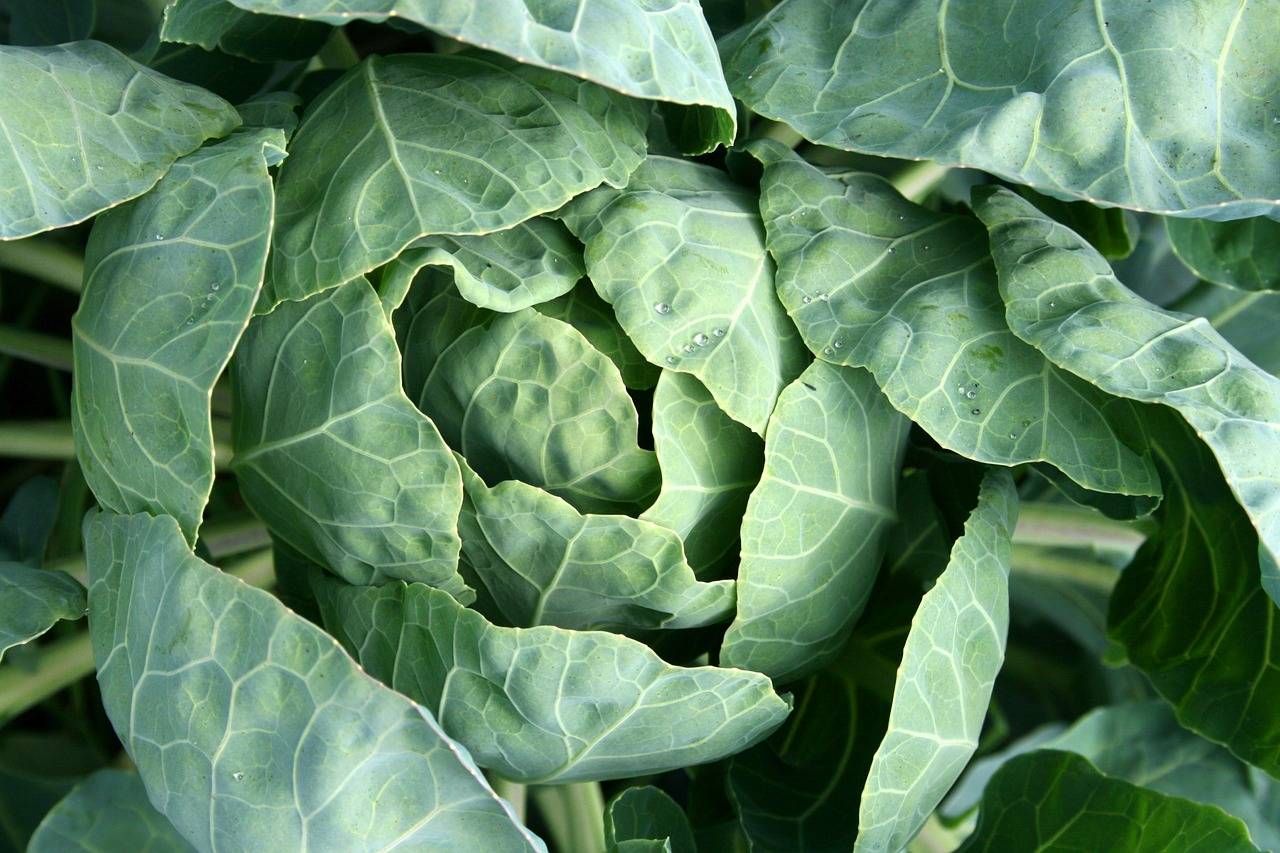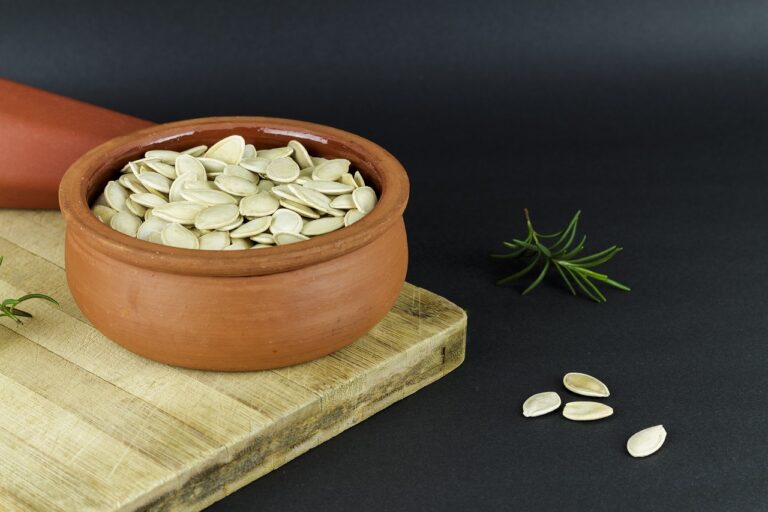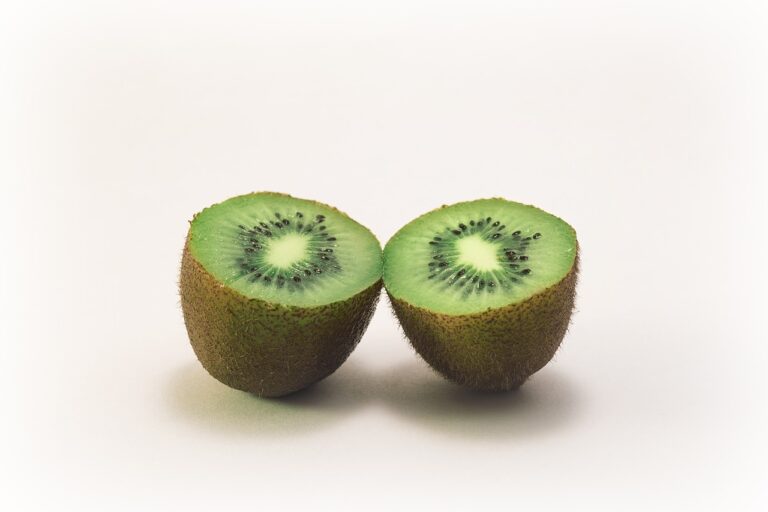The Benefits of Cultivating Gratitude for Mental Well-being
Gratitude has been shown to have a profound impact on mental health. The practice of expressing gratitude has been linked to increased levels of happiness and overall well-being. When individuals focus on the positive aspects of their lives and practice gratitude regularly, they often experience lower levels of stress and anxiety.
Research suggests that cultivating a sense of gratitude can help individuals cope with challenging and distressing situations. By shifting their focus towards gratitude, individuals may be better able to reframe negative experiences in a more positive light. This can lead to improved emotional resilience and a greater sense of inner peace.
Gratitude as a Tool for Stress Reduction
Gratitude is a powerful tool that can help in alleviating stress and promoting overall well-being. When individuals cultivate a mindset of gratitude, it enables them to shift their focus from negative thoughts to positive aspects of their lives. This shift in perspective can lead to a reduction in stress levels as individuals start to appreciate and acknowledge the blessings and good things around them.
Practicing gratitude also helps individuals develop resilience and cope better with challenging situations. By regularly expressing thanks for the positives in their lives, individuals can enhance their emotional strength and foster a more positive outlook. This proactive approach to gratitude can serve as a buffer against stressors, allowing individuals to navigate through life’s ups and downs with greater ease and composure.
How does practicing gratitude impact mental health?
Practicing gratitude has been shown to improve mental health by reducing symptoms of anxiety and depression, increasing overall happiness, and promoting a sense of well-being.
How can gratitude be used as a tool for stress reduction?
Gratitude can be used as a tool for stress reduction by shifting focus from negative thoughts to positive ones, fostering a sense of perspective and appreciation for the good in one’s life, and promoting feelings of relaxation and contentment.
What are some practical ways to incorporate gratitude into daily life?
Some practical ways to incorporate gratitude into daily life include keeping a gratitude journal, expressing thanks to others, practicing mindfulness and meditation, and focusing on the present moment.
Can gratitude be beneficial for physical health as well?
Yes, gratitude has been linked to improved physical health outcomes, such as better sleep, lower blood pressure, and reduced inflammation in the body.
Is it ever too late to start practicing gratitude?
It is never too late to start practicing gratitude. No matter what stage of life you are in, incorporating gratitude into your daily routine can have positive effects on your mental and physical well-being.





